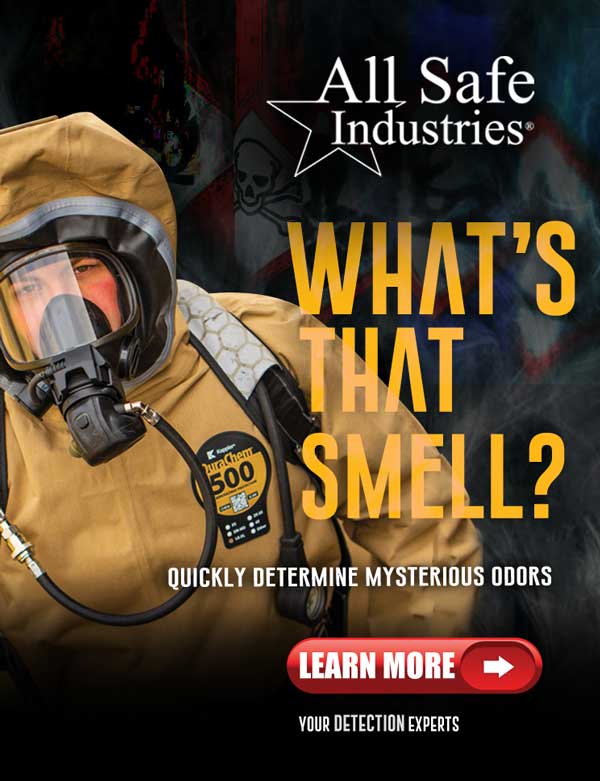Originally published by MURRAY LEDGER & TIMES
FRANKFORT (KT) — The ongoing cold weather and the possibility of accumulating snow over the weekend has prompted the Kentucky Department for Public Health to remind people to take precautions against carbon monoxide, or CO, poisoning.
“Cold weather and weather-related power outages are more likely to result in Kentuckians using generators and gas grills to provide heat,” said State Public Health Commissioner Dr. Steven Stack. “CO created by these heat sources is odorless and deadly, so it is important to follow proper safety precautions and use CO detectors to keep our families safe. Working together, we can keep ourselves and our loved ones informed and safe while keeping warm this winter.”
In Kentucky, CO poisoning sends an average of 217 people per year to the emergency room, according to data from the Kentucky Environmental Public Health Tracking program. Data from the National Environmental Public Health Tracking Program states that from 2014-2018 an average of 16 Kentuckians die every year from unintentional CO poisoning. These deaths and trips to the emergency room due to carbon monoxide poisoning are preventable when people are prepared.
Since 2011, Kentucky law has required CO detectors in newly constructed one and two-family dwellings, townhomes less than three stories, apartment buildings, dormitories, adult/child care facilities and assisted living facilities that contain a fuel-burning-appliance or an attached garage.
State public health officials strongly encourage residents to follow these guidelines:
–Make sure you have working CO detectors. Be sure to replace the batteries in your detector yearly and push the “Test” button to make certain it is working properly. Replace your detector every five years or according to the manufacturer’s instructions.
–Have your furnace or wood-burning stove inspected annually. Hire a professional to make sure it is functionally sound and vents properly outside the home.
-Never run a gasoline or propane heater or grill (gas or charcoal) inside your home or in an unventilated garage. Any heating system that burns fuel produces CO. Use a battery-powered detector where you have fuel-burning devices but no electric outlets, such as in tents, cabins, RVs, hunting blinds and boats with enclosed cabins.
–Generators should be run at a safe distance (at least 20-25 feet) from the home. Never run a generator in the home or garage, or right next to windows or doors.
–Never run a car in an enclosed space. If a vehicle is running, you must have a door open to the outside.
At high levels, CO can cause death within minutes. Symptoms of overexposure to CO include headache, fatigue, dizziness, shortness of breath, nausea and confusion. If you suspect you may be experiencing CO poisoning, or your detector sounds an alarm, head outside immediately for fresh air and call 911.



